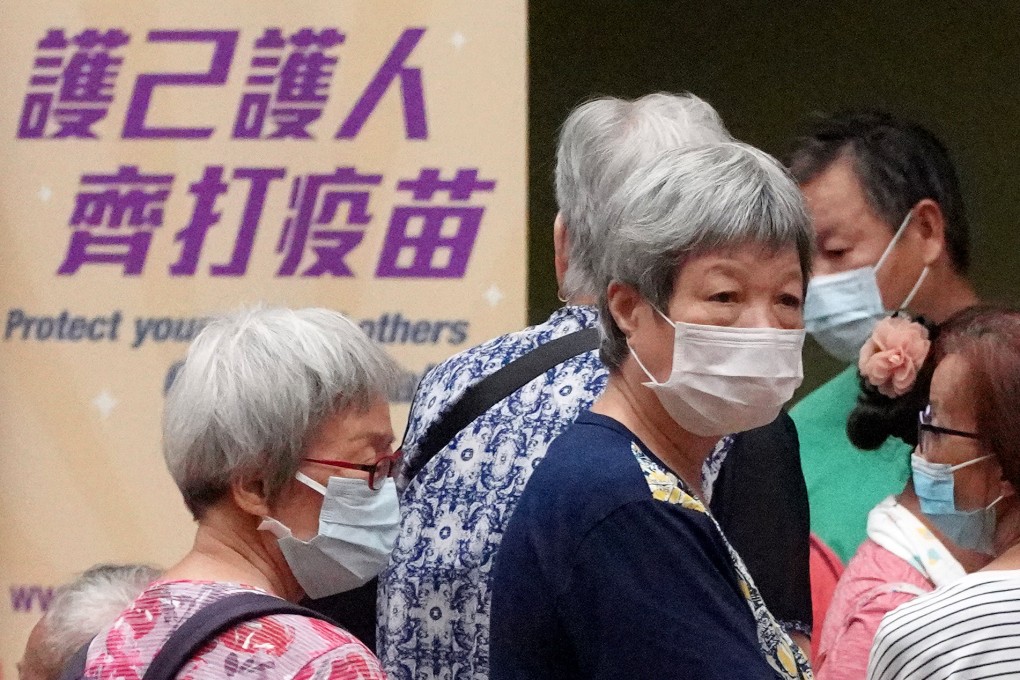Advertisement
Opinion | Covid-19 has only reinforced the need for better healthcare in Hong Kong. John Lee must ride the reform wave
- Amid talk of a ‘new chapter’ for Hong Kong, officials must not forget promises made by the previous administration to strengthen primary healthcare, and build on its successes
Reading Time:3 minutes
Why you can trust SCMP
4

In his inaugural speech, Chief Executive John Lee Ka-chiu promised to start a new chapter for Hong Kong by strengthening governance and development of the city. In this new chapter, the administration must not forget old promises – including the pledge to strengthen Hong Kong’s primary healthcare system.
The Covid-19 pandemic has highlighted the resource and manpower limitations within our health system, particularly in the public sector.
But these challenges are not new: long waiting times, especially for specialist services, overcrowded emergency rooms and chronic medical personnel shortages have long characterised Hong Kong’s public healthcare. Among the many lessons learned from the pandemic is the urgent need to enhance primary healthcare.
Advertisement
Advocates have long maintained that a strong primary healthcare system can alleviate demand for specialist services, ensure that more people have timely access to care, and improve the overall quality of care. Consequently, for more than three decades, Hong Kong has explored ways to strengthen its primary healthcare.
The previous administration put primary healthcare development at the top of its health policy agenda. In November 2017, a steering committee was established to develop a blueprint for development of services. Yet, so far, only a framework for the blueprint is ready, outlining five key policy directions.
The new administration must build on the reform momentum and set out a detailed development blueprint, considering transformation across all levels of the healthcare system and including tangible timelines and performance indicators.
Advertisement
Select Voice
Select Speed
1.00x


